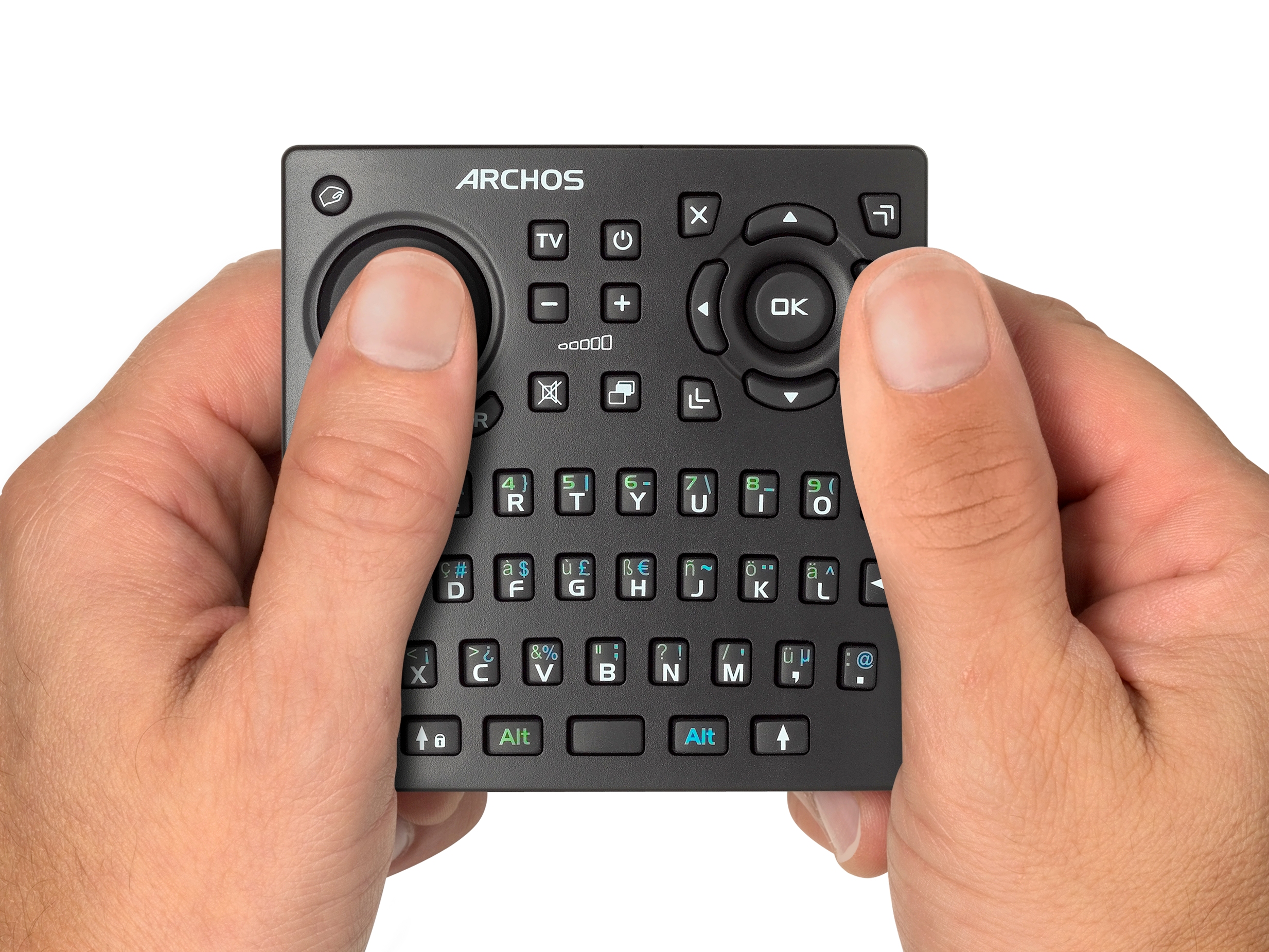Scientists create remote control for the brain
Low intensity ultrasound can trigger neural activity, create zombies?

Ever wished you could press Pause during one of your mates' endless stories? Or wanted to Eject yourself from a painful relationship?
Wish no longer, scientists (mad, presumably) at Arizona State University have developed an ultrasound remote control for the human brain.
"We were able to unravel how ultrasound can stimulate the electrical activity of neurons by optically monitoring the activity of neuronal circuits," says lead investigator William Tyler, presumably while cackling insanely.
Tyler's research group discovered that remotely delivered low intensity, low frequency ultrasound could trigger the release of neurotransmitters from synapses, changing the behaviour of neural circuits.
Stuttering? You need your brain zapped
Other neuroscientists have been attempting to control neural activity with implanted electrodes, in order to treat conditions ranging from depression and drug addiction, to Parkinson's and Alzheimer's disease, Tourette's Syndrome, epilepsy and even stuttering.
By using pulsed ultrasound waveforms to penetrate the skull, Tyler's team has shown similar effects to electrodes without the trauma understandably associated with sticking needles into a patient's brain.
Sign up for breaking news, reviews, opinion, top tech deals, and more.
When asked about the potential of using his methods to remotely control brain activity, Tyler replied: "One might be able to envision potential applications ranging from medical interventions to use in video gaming or the creation of artificial memories along the lines of Arnold Schwarzenegger's character in Total Recall."
"Obviously, we need to conduct further research and development," he continued, probably envisaging a portable brain zapper and a nightclub full of young ladies.
Mark Harris is Senior Research Director at Gartner.